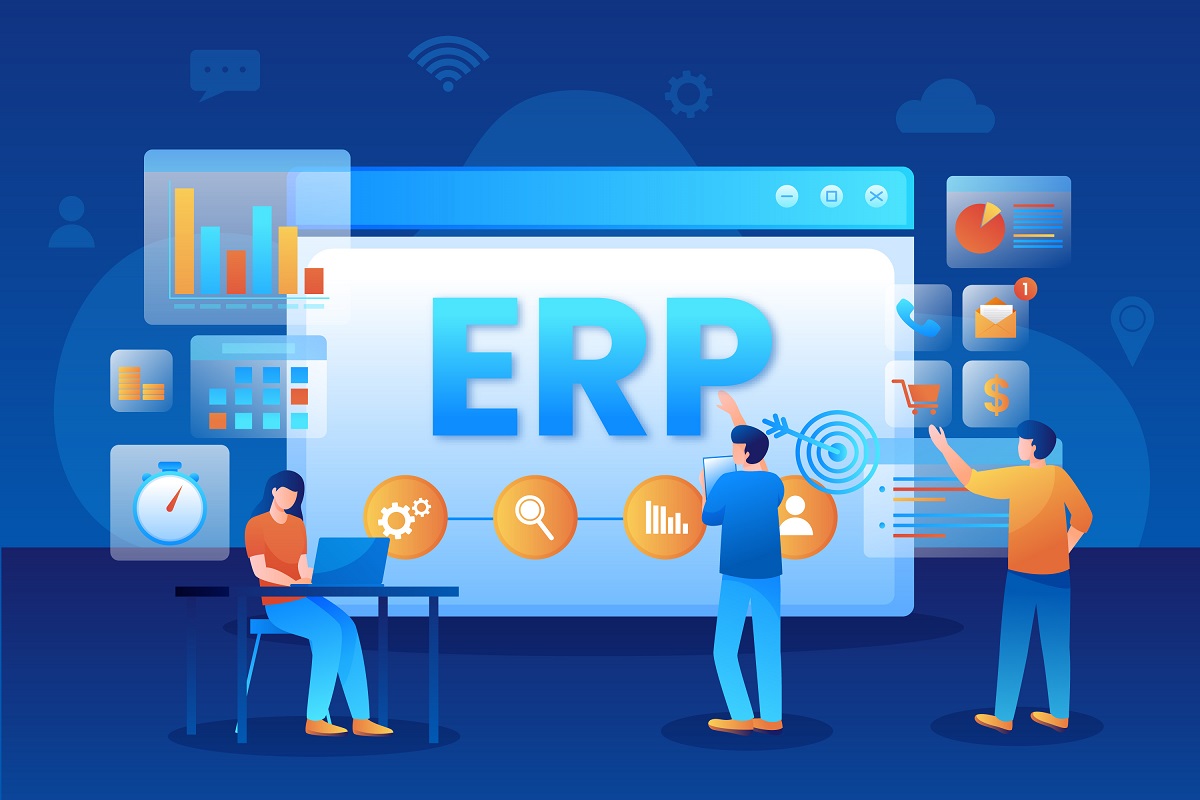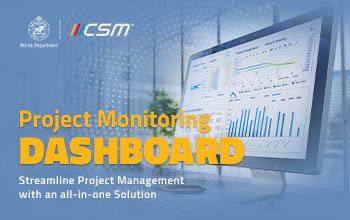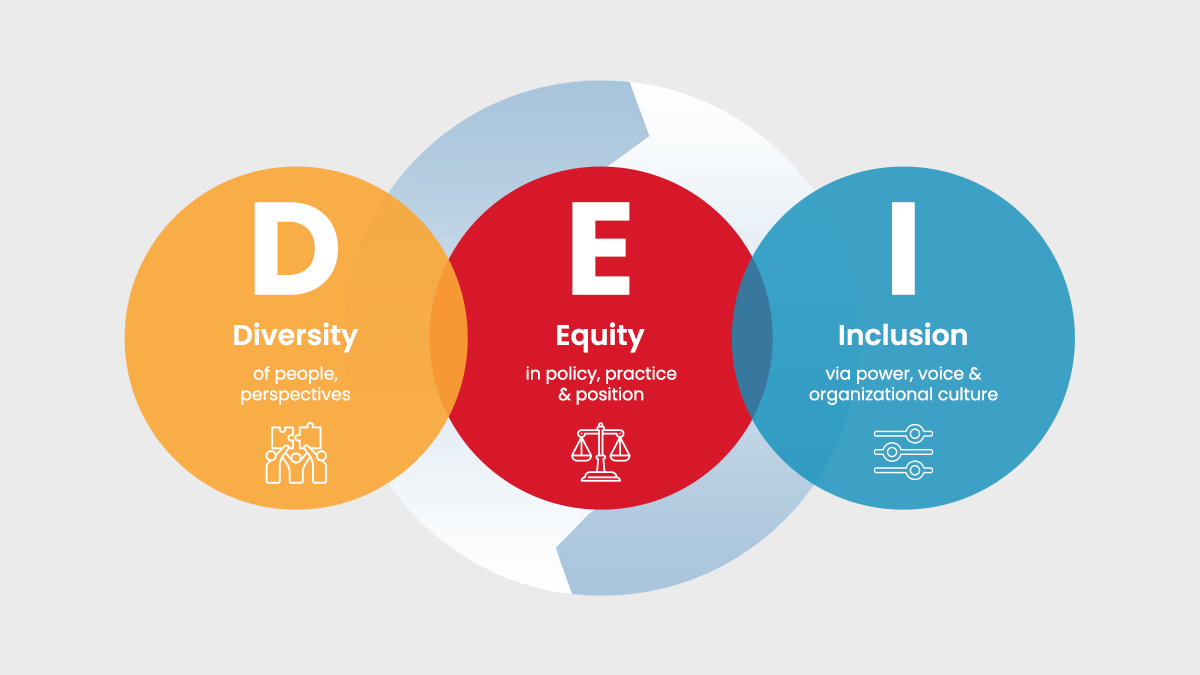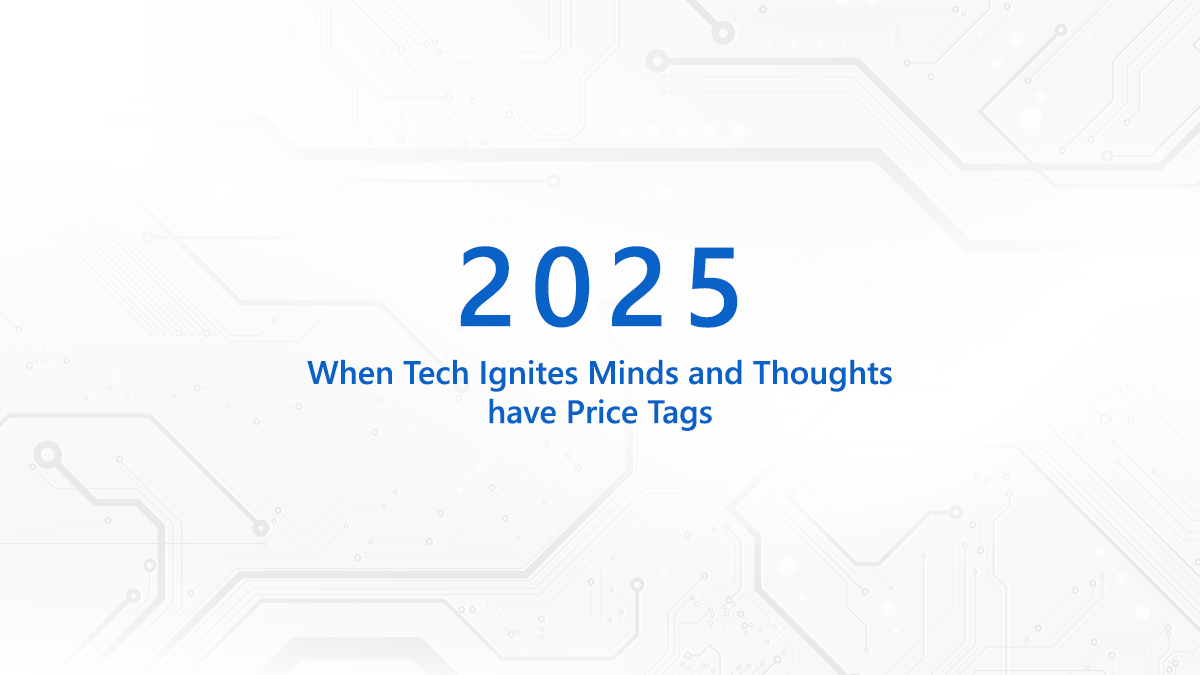
A peek into their history shows that Enterprise Resource Planning (ERP) systems started from calculating machines in the 1940s. Interestingly, the baby steps for ERP began with the collaboration of JI Case, a tractor manufacturer and their IT partner IBM. As a term, ERP was first used in the 1990s and it could deal with a suite of business functions- engineering, finance, accounting, human resource (HR) and project management. Businesses need an integrated software solution or ERP that can automate and integrate all their core modules, enabling easy and seamless exchange of information. With ERP, you make an entry or transaction at one place and experience the desired effect ‘real time’ across all modules. ERP systems are constantly evolving- for instance, the ‘Open Source ERP’ is gaining more traction for flexible and scalable businesses.
ERP Market soars on Industry demand, Tech Adoption
Globally, the market for ERP applications was worth $94 billion in 2019 and is estimated to touch $97.1 billion by 2024. The market is proliferating as demand grows from manufacturing industries, small and medium scale enterprises and the corporate sector. The frenetic pace of adoption of niche technologies like Artificial Intelligence (AI), Internet of Things (IoT) and Robotic Process Automation (RPA) is an enabler as enterprises show greater appetite to digitalize their entire business ecosystems.
How Open Source ERP holds promise in a lopsided market
The robust ERP market, though, has a flipside. Implementing expensive ERP solutions can go over budget for small businesses and start-ups, risking their viability. For them, a viable route is in adopting ‘Open Source ERP’- a solution with publicly available source code and one that can be customized to suit the business needs. This model is particularly attractive to small and medium businesses (SMBs). Open source ERP software has many visible advantages vis-à-vis the proprietary version. In case of closed source ERP, the customers bear Annual Technical Support for licensed software and Operations & Maintenance as well as enhancement for in-house or outsourced manpower to support their implemented processes. By contrast, opting for open source ERP can help businesses save 22 per cent in annual cost of licenses.
That apart, with proprietary ERP, customers need to spend a hefty, upfront sum of $2000-2500 per user license whereas Open source ERP can be availed on subscription basis. When it comes to human resource costing, the technical expertise to manage and implement closed source ERP is almost double the cost of open source software. As opposed to this, the implementation and maintenance costs with open source ERP slashes by 50 per cent with one consultant capable of taking care of multiple modules.
Mapping future- An intersection of challenges & opportunities
Open Source ERP has appealing features beyond the ‘cost advantage’. Businesses opting for it can access tailor-made or industry specific modules created by user communities that are integrated with the ERP solution. Many low-cost open source ERP solutions offer high quality coding. This is in contrast to closed source ERP solutions where the in-house employees can’t access the source code; they can only check whether software processes work correctly with business data.
Open source ERP enriches businesses, offering them flexibility & customization. Open source platform will be the backbone on which the frame of business ecosystem will rest in future. #ERP #odoo #tech #technologysolutions #IoT @Odoo @xTuple @belajarERP https://t.co/1AdCHkdGE4
— Priyadarshi Nanu Pany (@NanuPany) December 1, 2020
But despite all its visible benefits, the market for open source ERP hasn’t grown at the desired pace- its share is still less than two percent. The open source ERP market has not grown despite its known strengths as big vendors like SAP, Oracle and Microsoft are constantly reinventing and strategizing to retain their grip.
But as they say, “To win a war, make the first move”. Evolving enterprises need to realize that open source ERP would be the backbone of their future business ecosystems. Open source ERPs can gain more traction if they are integrated with niche technologies- say Blockchain for securing data & transactions and Artificial Intelligence (AI) for automatic detection of frauds and delays. A disruption is rumbling with enterprises opening up to ‘open-source’ ERP.
The author is Priyadarshi Nanu Pany, founder & CEO of CSM Technologies. This article was originally published on his LinkedIn profile.


























































We will verify and publish your comment soon.